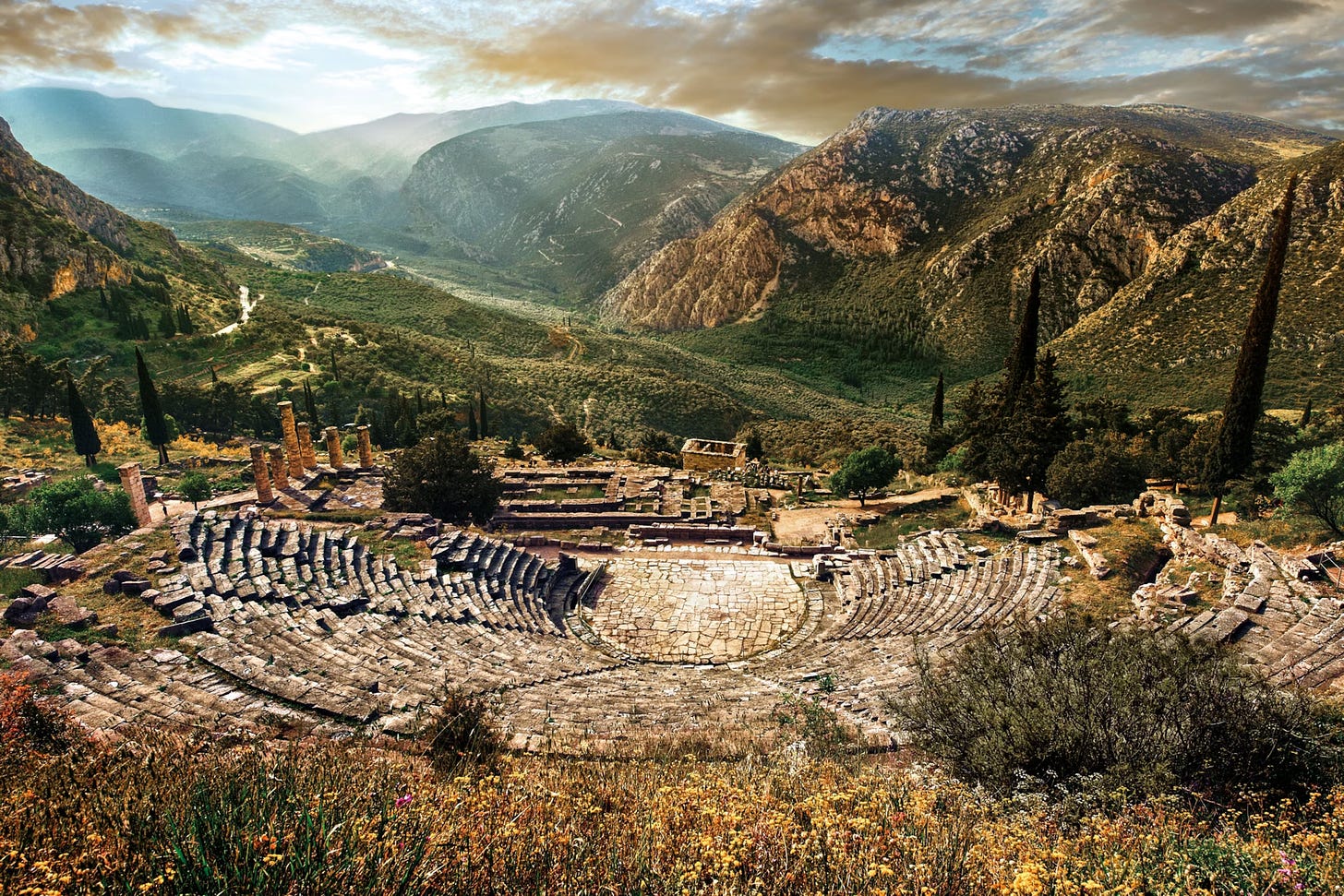Hey everyone,
Sorry this is late! Between taxes and some other personal stuff, I totally blanked on sending this out yesterday. But here is last week’s history in the news roundup!
A new study in Antiquity shows that these early medieval (5th-8th century) English coin minters didn't mine the silver they used, but actually drew on a reserve of silver bullion brought and collected from the Byzantine Empire, proving just how much more interconnected the Medieval world was during the “Dark Ages.'“
Stressed about taxes? (In the US they’re due today, btw.) You can (sort of) blame the Ancient Egyptians, who invented the first tax code.
Buying books—even ones you don’t plan to immediately read—has always been a hobby for folks. But what happened to all the books collectors brought with them onto the Titanic?
A controversial bill inspired by the attacks on 9/11 has just been renewed by the House. The bill authorizes collecting data (including communications) on foreign nationals, but American citizens often get caught in the dragnet. US police departments and the FBI have long been allowed to mine the data without a warrant—recent revelations show the FBI used it to spy on Black Lives Matter protestors. The bill was set to expire on April 19, but after four attempts it finally passed and now moves on to the Senate.
Speaking of Congress, this bunker in West Virginia was designed and built during the Cold War to hold the entire legislative branch in the event of nuclear war. It was kept a secret for over forty years.
Looking back on a time when masks were both fashion-forward…and scandalous.
Remembering when Vesuvius was not just a volcano, but a touch of the sublime.
The oracle at Delphi was lost for a century. Here’s how 19th-century archaeologists found it.
image from FUNKYSTOCK/AGE FOTOSTOCK.
How did ordinary Irish citizens get caught up in the Troubles?
Understanding the war on Palestine requires understanding the history of colonization that has led to this moment.
A 12-year-old boy fought in the Navy and became a distinguished soldier. And then his mom got worried and called the military.
How can looking back to the Cold War help us discern future political power struggles?
24-year-old Ian Fleming went to Moscow to cover a show trial for newspapers in western Europe. Not only did his reports form the basis for reports on the infamous Metro-Vickers trial, but they later fed directly into his novel From Russia With Love (and, later, the movie of the same name).
Though it’s named a Titanosaur, implying that its extremely large, this fossil is the smallest one every found.
Indie music prizes itself on living outside the mainstream music studios. But did deregulation kill indie rock?
Can we discern how cultures have viewed artists across time by reading the obituaries about them?
I thought my family and friends were crazy for driving a couple of hours to see the eclipse last week. But this eclipse chaser led an expedition behind enemy lines.
Scientists long believed that heavy metals like gold and platinum were formed in the explosive collapses of giant stars. But a recent supernova nicknamed the Brightest of All Time (BOAT), shows no trace of either element. The mystery deepens.
Meanwhile, this 3,000-year-old tomb just upended everything we thought we knew about ancient Peru.
See Alhambra as few have ever seen it before, guided by someone who has lived inside it for forty years. (Not an ad.)
This play-within-a-play explores the power dynamics between Thomas Jefferson and Sally Hemmings.





